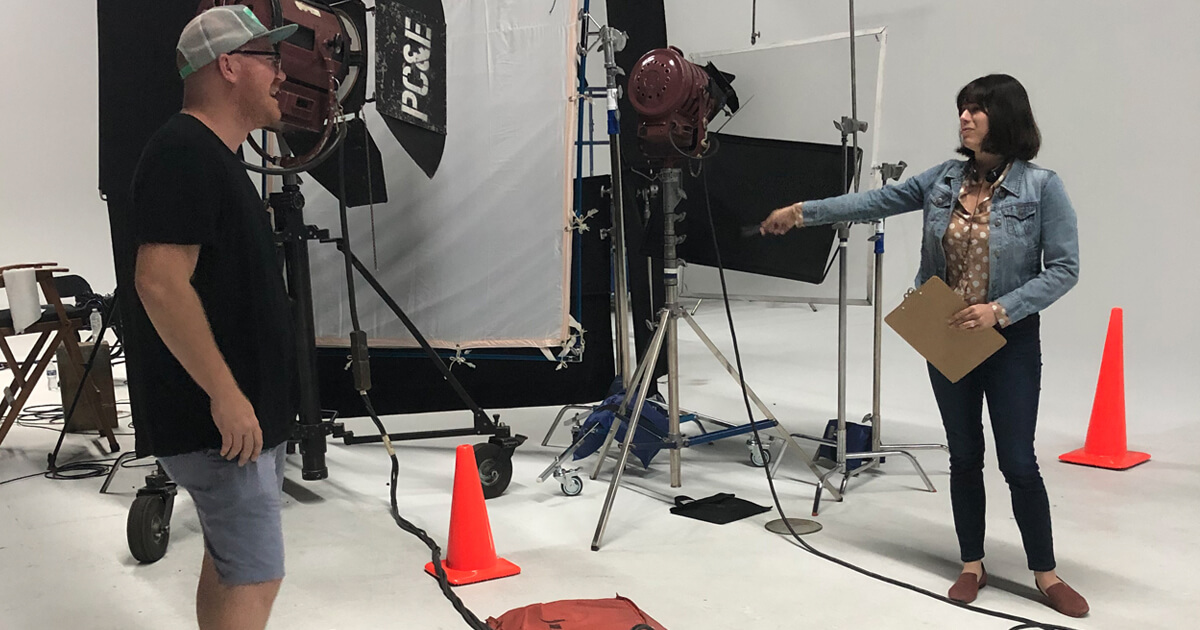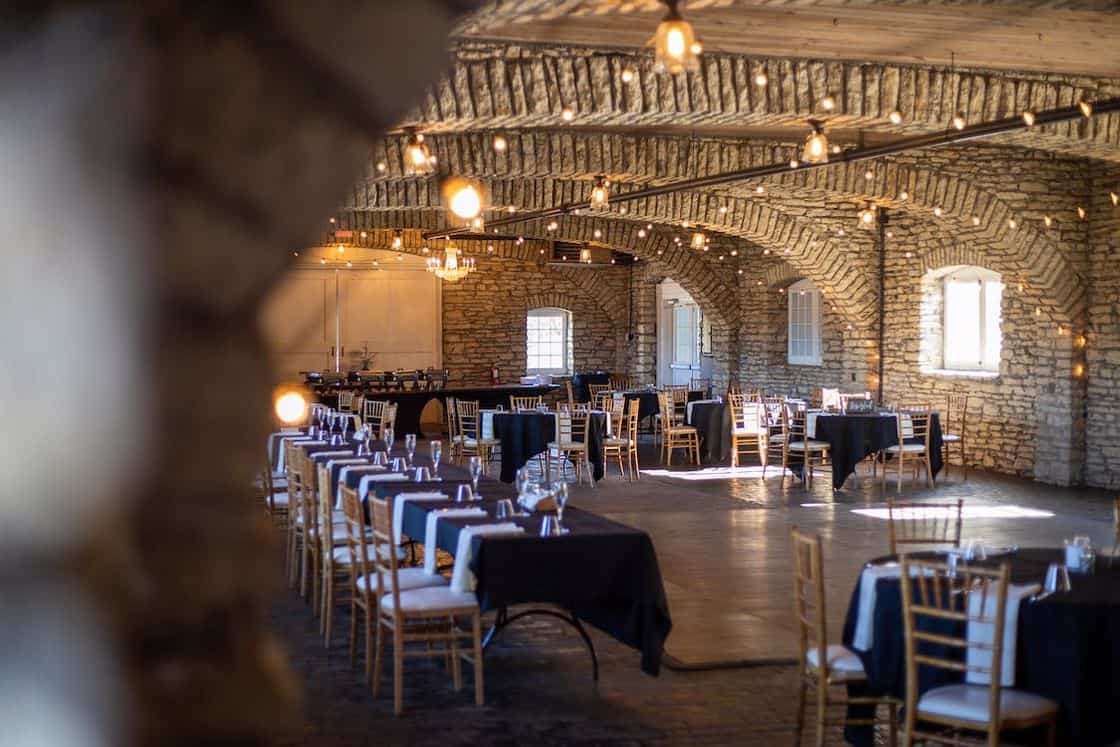Just How Event Production Functions: A Comprehensive Take A Look At the Refine
Event production is a facility and organized process that calls for cautious planning and implementation. It begins with establishing clear objectives and understanding the target audience. Each action, from budgeting to venue choice, plays an essential function in making certain success. As the process unfolds, different aspects must line up effortlessly. Yet, the nuances of this detailed operation often go unnoticed. What are the essential phases that add to an unforgettable event?

The Preliminary Planning Stage
When starting on event production, mindful preparation is important to guarantee an effective result. The preliminary drawing board acts as the foundation for all subsequent initiatives. During this stage, event producers should define the event's function and purposes plainly. Identifying the target market aids customize the experience and messaging, assuring significance and engagement.Producers have to also think about the event layout, whether it be in-person, virtual, or crossbreed, as this will influence numerous logistical aspects. Picking an ideal day and location is crucial, as it influences accessibility and availability.Furthermore, setting up a trustworthy group is essential for splitting responsibilities and enhancing communication. Establishing a timeline with landmarks assurances all jobs are finished on schedule. This stage entails comprehensive research study, consisting of identifying possible challenges and creating techniques to minimize dangers. Eventually, a well-structured preliminary planning stage establishes the tone for a successful event production journey.

Budgeting and Source Allocation
In event production, efficient budgeting and resource allocation are important for success - event production charlotte. Establishing monetary specifications establishes the structure for all succeeding decisions, while resource circulation approaches ensure that every part of the event is properly supported. Together, these elements assist preserve control over expenditures and optimize the use of readily available resources
Developing Financial Parameters
Developing economic parameters is crucial to the success of any kind of event production, as it sets the structure for reliable budgeting and resource allocation. This process begins with defining the general budget, which includes all facets of the event, consisting of location prices, event catering, and advertising. By identifying available funds, event planners can focus on expenses and designate resources accordingly. Additionally, it is necessary to perform complete market research study to expect possible costs and recognize funding sources, such as sponsorships or ticket sales. Establishing clear financial specifications also help in danger administration, allowing organizers to establish apart contingency funds for unanticipated expenses. Eventually, a distinct spending plan functions as a roadmap, leading the event production group in the direction of accomplishing their objectives while maintaining economic control.
Resource Circulation Approaches
Effective resource circulation approaches are important for making the most of the influence of an occasion while sticking to budget constraints. Successful event production requires a meticulous approach to budgeting and source allotment. Coordinators need to focus on vital aspects such as venue, food catering, and modern technology, guaranteeing that funds are allocated to areas that boost attendee experience. A detailed budget needs to outline expected costs and recognize areas for potential expense savings, such as working out with vendors or checking out sponsorship opportunities. Additionally, tracking expenses throughout the preparation process aids stop overspending. By using calculated resource circulation, event manufacturers can supply a memorable experience while keeping financial responsibility, ultimately contributing to the overall success of the event.
Place Option and Logistics
Picking the right place is necessary to the success of any type of event, as it sets the phase for the overall experience. Place selection involves evaluating numerous aspects, including capability, availability, and area. Organizers have to take into consideration the target audience and the nature of the event, guaranteeing the location straightens with the event's goals.Logistics play a considerable role in this procedure, entailing setups for seating, audiovisual devices, and catering solutions. An appropriate venue needs to help with smooth flow for participants and staff, improving engagement.Additionally, assessing potential venues for amenities like parking, washrooms, and emergency exits is necessary for safety and comfort. The timeline for safeguarding the location is additionally critical, as preferred areas might reserve rapidly - event production charlotte. Thorough preparation and prompt execution can inevitably add to a smooth event experience, making location option and logistics essential parts of effective event production.
Creative Idea Growth
While the venue sets the physical phase, creative principle advancement forms the event's identity and narrative. This process begins with determining the event's purpose and target audience, permitting event producers to develop a compelling theme that reverberates with attendees. Conceptualizing sessions often consist of varied perspectives, promoting ingenious ideas that align with the event's goals.Once a theme is developed, aesthetic elements such as shade palettes, signs, and design are designed to boost the general environment. Storytelling techniques may likewise be integrated to produce an interesting journey for individuals, ensuring a memorable experience. In addition, factors to consider regarding home entertainment, activities, and interactive parts are lined up with the selected idea, strengthening the theme throughout the event.Ultimately, efficient creative concept advancement warranties that every element of the event functions cohesively, leaving a lasting perception on participants and fulfilling the event's goals. This foundational job prepares for subsequent planning and implementation phases.
Teaming up With Vendors and Distributors
Successful event production depends upon efficient collaboration with suppliers and suppliers. Choosing trusted companions, working out contracts properly, and guaranteeing prompt deliveries are essential steps in this process. Each of these elements adds greatly to the total success and smooth implementation of an occasion.
Selecting Reliable Allies
Just how can event coordinators ensure a smooth production experience? Choosing dependable partners is vital in achieving this goal. Event planners have to carry out thorough study to recognize suppliers and providers with a tried and tested record of excellence. This consists of inspecting recommendations, evaluating profiles, and evaluating customer comments. Planners need to focus on companions that demonstrate professionalism and reliability, timely communication, and a willingness to collaborate. Building strong connections promotes depend on and enables fast analytical throughout the event. Furthermore, it is valuable to choose local vendors that comprehend the location and regional try here logistics. Eventually, an effective event depends upon the harmony between coordinators and their partners, making certain that every aspect of production runs efficiently and effectively.
Negotiating Agreements Properly
Reliable settlement of agreements is an essential step in the partnership between event coordinators and their vendors and distributors. This process entails clear interaction of expectations, deliverables, and timelines. Coordinators ought to conduct extensive research study on market prices and industry criteria to develop a standard for arrangements. It is very important to produce a joint ambience, urging open dialogue concerning terms, prices, and prospective backups. Coordinators must additionally focus on understanding the supplier's capabilities and limitations to straighten their requirements successfully. Adaptability can result in equally valuable contracts, promoting long-term relationships. Crafting distinct contracts that consist of details efficiency view it now metrics can aid assure responsibility, eventually causing effective event implementation and complete satisfaction for all celebrations included.
Making Certain Prompt Deliveries
Prompt deliveries are necessary for the smooth execution of any kind of event, requiring diligent cooperation in between organizers and their suppliers and providers. Effective interaction is essential, as it helps establish clear assumptions concerning shipment routines, amounts, and particular requirements. Coordinators often produce thorough timelines to describe essential turning points, making sure all celebrations remain lined up throughout the process. Routine check-ins with suppliers can help identify prospective hold-ups early, enabling proactive solutions. Additionally, developing strong connections with dependable providers fosters trust and liability, which can cause far better solution and prioritization. By prioritizing these joint efforts, planners can reduce interruptions, consequently boosting the total effectiveness of event production and making certain that all required materials and services show up as intended.
Advertising and Promo Methods
While arranging an event, the success of advertising and promotion techniques can greatly affect attendance and interaction. Efficient strategies frequently consist of a mix of digital advertising and marketing, standard marketing, and grassroots outreach. Utilizing social networks platforms permits real-time communication and targeted marketing, getting to specific demographics efficiently. Email advertising campaigns can additionally involve prospective participants with customized material and reminders.Collaborations with influencers or sector leaders can additionally enhance reputation and expand reach. Creating engaging material, such as videos or blogs, aids to create buzz and endure rate of interest leading up to the event. In addition, leveraging early-bird discount rates and exclusive advantages can incentivize ticket purchases.Promoting through typical channels, such as posters or neighborhood media, continues to be appropriate, particularly in community-focused occasions. A thorough method that integrates several approaches assurances optimum visibility and involvement, ultimately contributing to the event's success and the production of an unforgettable experience for guests.
On-Site Implementation and Monitoring
On-site implementation and administration are vital parts that identify the overall success of an event. Effective control during the event ensures that all aspects straighten with the planned schedule. Event supervisors oversee logistics, consisting of supplier sychronisation, tools configuration, and guest services. Checking timelines and attending to any kind of unanticipated problems are fundamental for maintaining a smooth experience.The team plays a significant role, as trained personnel are in charge of numerous jobs such as enrollment, info dissemination, and technological support. Interaction among team members directory is vital; it fosters a joint atmosphere and enables quick resolution of challenges.Additionally, security procedures need to be abided by, guarding the wellness of all participants. Post-event analyses are also part of on-site administration, giving insights for future enhancements. By focusing on these facets, event manufacturers can develop unforgettable experiences that satisfy or surpass participant expectations while attaining the event's purposes.
Often Asked Concerns
How Do I Choose the Right Event Style?
Selecting the appropriate event style involves considering the target market, event purpose, and location. Researching present patterns and gathering input from stakeholders can additionally inspire imaginative concepts that reverberate and produce an unforgettable experience.

What Are Typical Errors in Event Production?
Typical blunders in event production frequently consist of inadequate planning, bad interaction amongst staff member, budget plan mismanagement, neglecting to think about the target market's demands, and failing to perform a detailed post-event analysis for future renovations.
Just How Can I Measure Event Success?
To determine event success, one can evaluate guest complete satisfaction, engagement levels, budget adherence, and post-event comments. Secret performance indicators, such as ticket sales and social networks communications, likewise give valuable insights into total performance.
What Should I Do if It Drizzles on the Event Day?
In case of rainfall on the day, the organizer needs to carry out backup strategies, such as securing camping tents or relocating tasks inside. Interaction with guests regarding modifications is necessary to ensure a smooth experience despite weather obstacles.
Exactly How Can I Guarantee Participant Interaction During the Event?

Comments on “Make every second count with event production charlotte’s scheduling tactics”